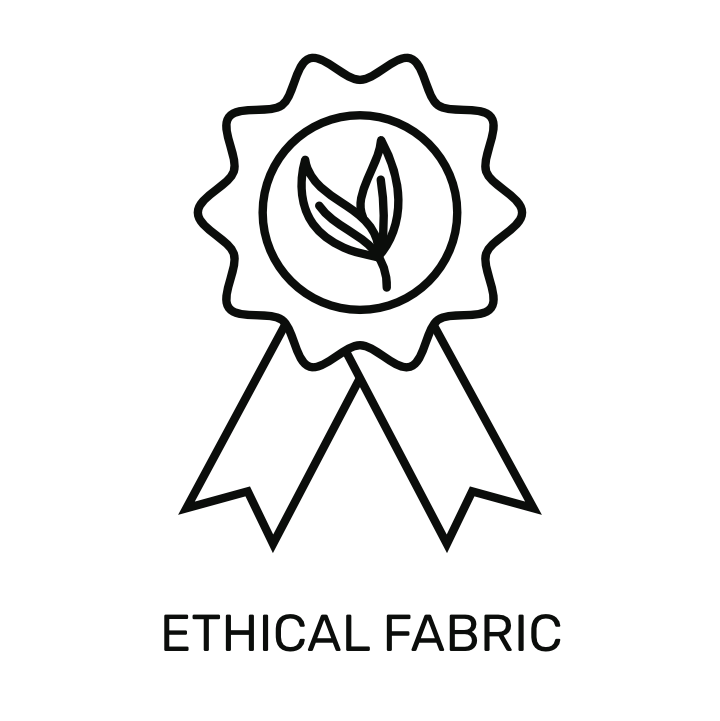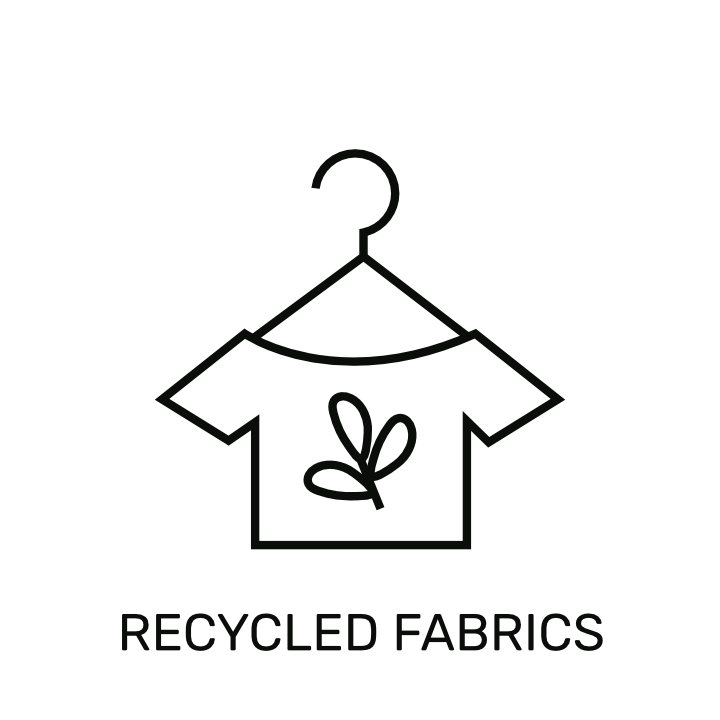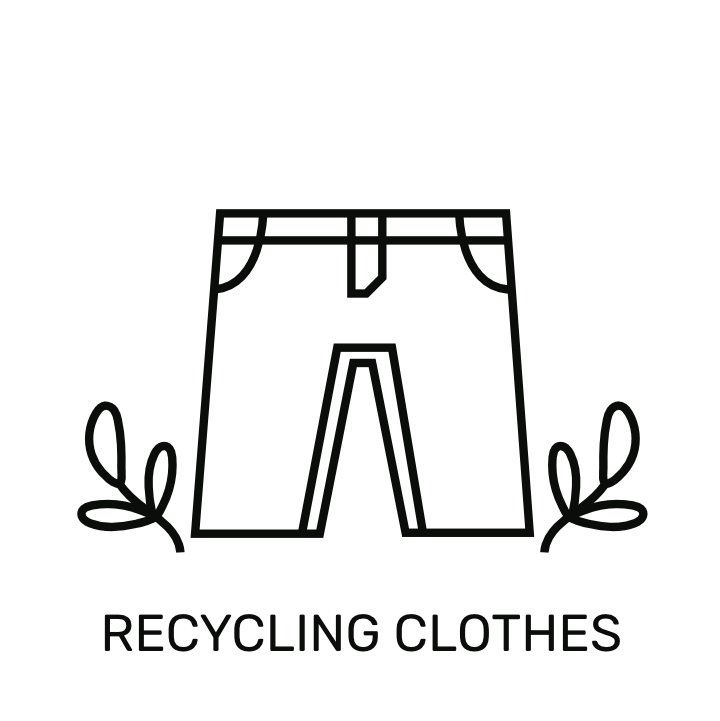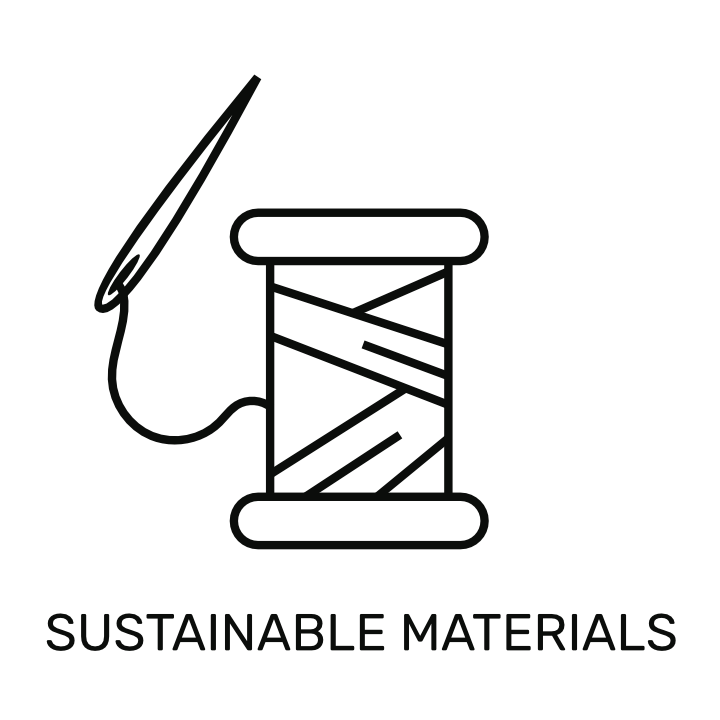Fast Fashion

The term “fast fashion” is used to discribe trendy products that are mass-produced, consumed and disposed of constantly and very quickly.
The fashion industry is among the largest in the world, and it is growing at an exponential rate. It is expected to move 1.5 trillion dollars in all its segments. Clothes, which were once treated as durable goods, are now seen as something disposable, worn for a short period of time.
It is necessary and urgent for the conservation of the planet to believe in a kind of sustainable fast fashion.
Fast Fashion and Sustainability
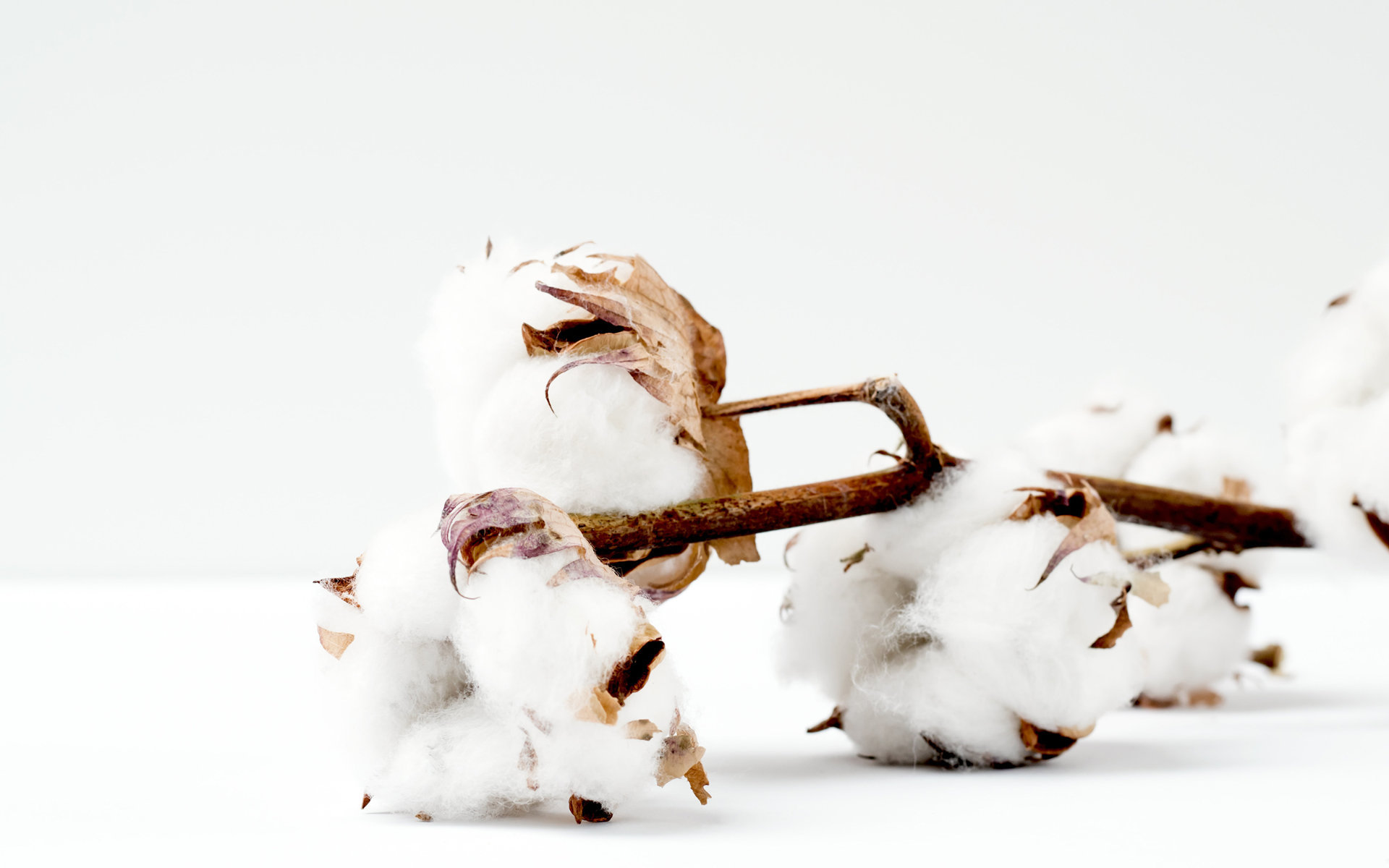
Fast fashion is directly responsible for about 15% of water pollution around the globe as well as 5% of global greenhouse gas emissions going into our atmosphere.
It takes about 2,500 litres of water to make one cotton shirt . That’s enough water for one person to drink for two and a half years.
The employment of precarious or slave labor is another big problem related to fast fashion.
Unfortunately, human beings aren’t the only beings that are directly impacted by the industry. Animals are vulnerable too. Most of the world’s leather comes from India and China, where animal welfare legislation is non-existent.

Slow Fashion

Slow fashion values the use of recyclable materials and organic fabrics in its manufacture. In the textile industry, it is essential to be aware of all processes, from the manufacture of raw materials, to the destination of the pieces after they have fulfilled their “useful life”.
The way we approach our clothing purchases has the power to make a difference in the world.

– Analyse all the processes involved in its production, and look for alternatives so that fashion is not something disposable.
– Practice conscious consumption and get your friends and family to do it too. – Combat social and environmental damage.
– Buy second-hand clothing. The more use we can get out of already existing clothes, the better for our environment.
– Donate clothing that’s no longer serving you. Think before throwing away your old clothing.
– Support sustainable clothing brands. There are ethical, sustainable clothing brands doing their very best in changing the types of materials used, as well as treating workers with the respect they deserve and paying them fairly.

